8, November 2019
Southern Cameroons Crisis: Trump Must Put Real Pressure on Biya 0
Symbolic half-measures like revoking preferential trade status are not enough to force the repressive regime of Paul Biya to change. Canceling IMF loans and military aid would show that the White House is serious.
On Oct. 31, the Trump administration notified Congress that Cameroon would lose its eligibility status under the African Growth and Opportunity Act (AGOA) in 2020. “Cameroon has failed to address concerns regarding persistent human rights violations being committed by Cameroonian security forces,” the White House statement explained, in what is the toughest executive branch language issued about escalating crises in Cameroon, building on a congressional resolution agreed to in July.
The announcement quickly caught fire on social media, a sign of hope for Cameroonians and others who have long called for more external pressure on the country’s octogenarian president, Paul Biya, who has been in power since 1982.
But taking away Cameroon’s AGOA privileges—primarily duty-free access for designated products exported from eligible African countries to the United States, including textiles—will not cause much pain. It will not compel Biya to undertake much-needed political and economic reforms to solve the crisis in the country’s Anglophone region and the related violence driving a humanitarian catastrophe, the deep-rooted governance crisis that includes mass arrests of political opponents and journalists, and an economic meltdown that has been partly concealed by oil-related revenue and ongoing bailouts by international lenders.
The humanitarian crisis gets worse by the month: The Norwegian Refugee Council calls Cameroon the world’s most neglected displacement crisis, while UNICEF reports there has been a “15-fold increase” in the humanitarian emergency there since 2017. The real test of the Trump administration’s resolve on Cameroon will be whether it acts to curtail all military assistance, imposes targeted travel and economic sanctions on individuals, and uses its considerable leverage to punish the Biya regime through international financial institutions and at the United Nations.
Members of the Biya government know that removal from AGOA won’t do much damage. Indeed, CNN recently interviewed an official at Cameroon’s Ministry of External Relations, who pointed out that the country barely benefits from AGOA and that the Trump administration is only trying to punish Cameroon because of its growing ties to China. Indeed, Washington’s move could push Cameroon and other African states further into the waiting arms of China and Russia—countries that do not ask questions about human rights.
This raises the question of why the Trump administration, which is preoccupied with much bigger domestic and foreign-policy challenges, decided to take a high-profile but symbolic stance now and if it is truly seeking to take a tougher line against Biya.
Unlike most reciprocal trade agreements or international financial institution regulations, AGOA includes economic, political, and human rights criteria that make it easier for the U.S. government to find justifications for change in status. These criteria include progress toward establishing “the rule of law, political pluralism, and the right to due process, a fair trial, and equal protection under the law” and that a country “does not engage in gross violations of internationally recognized human rights.” Other countries whose beneficiary status has been withdrawn include Burundi (since 2016), Mauritania (since 2019), and South Sudan (since 2014).
Unlike many other African countries, Cameroon never cultivated the AGOA preferences to drive private sector development, investment, employment, and exports. Today, the United States just squeaks into the list of its top 10 trading partners. Total AGOA-eligible exports reached $63 million in 2018, mostly crude oil, and had already dropped to just $8 million in the first six months of 2019.
Shortly after AGOA was signed into law in 2000, construction started on the Chad-Cameroon pipeline, part of a massive project spearheaded by ExxonMobil to export crude oil from southern Chad. Today, Cameroon’s government receives a $1.32 transit fee for every barrel that flows from Chad through to the export port of Kribi. It also benefits directly from its own modest offshore oil and natural gas production, and further reserves await development.
The nature of governance in Cameroon has always relied on rentier (or gatekeeper) state opportunities—including tropical agriculture, timber, oil, and, more recently, soccer stadiums— over establishing the complex foundations for internationally competitive, value-added industry. There is no desire by the regime to break from its resource curse. It is not a surprise, then, that Cameroon sits near the bottom of Transparency International’s Corruption Perceptions Index or the World Bank’s Doing Business rankings, and it does not come close to passing the governance thresholds of the Millennium Challenge Corporation.
Culled from Foreign Policy


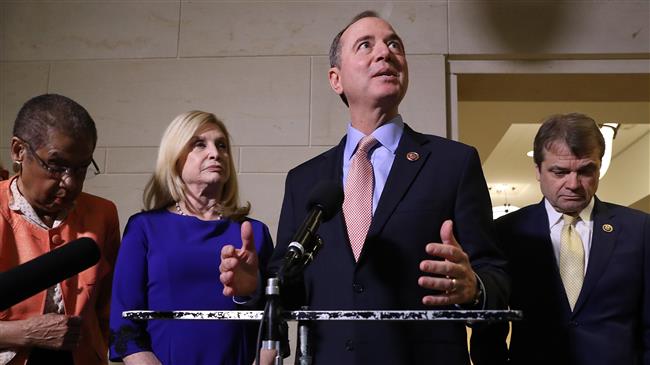

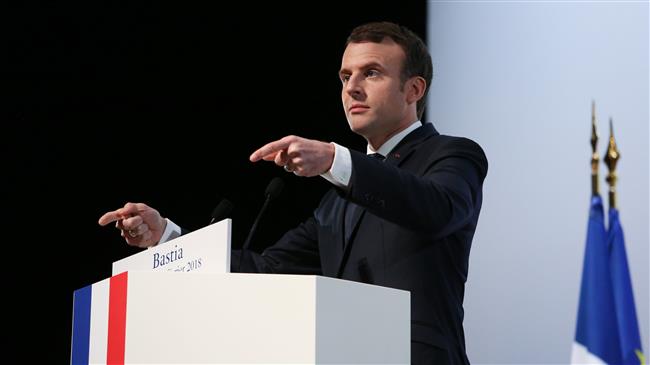

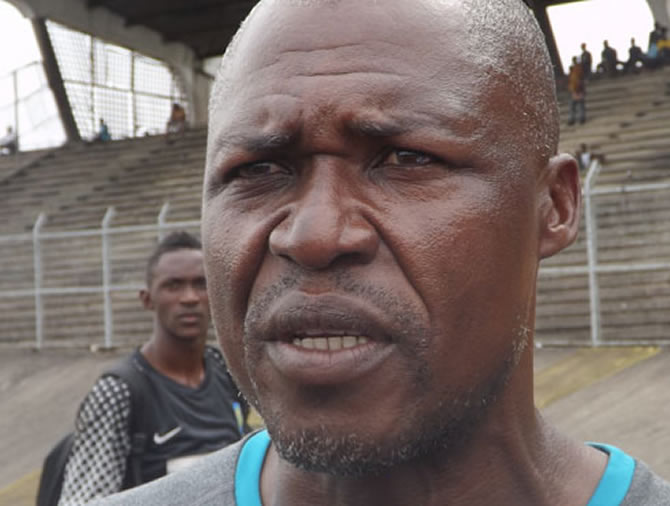
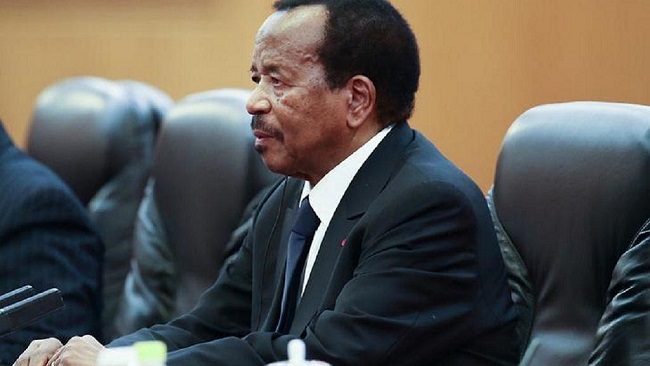

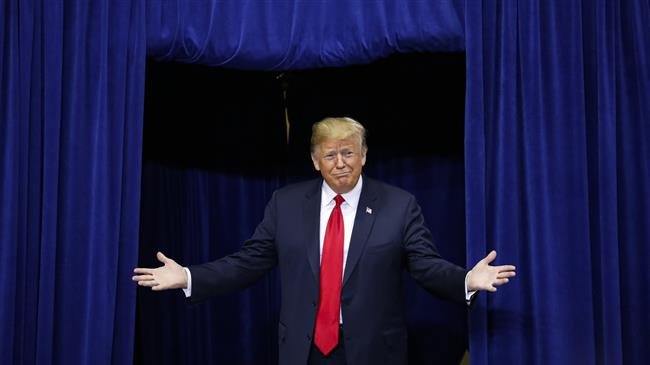











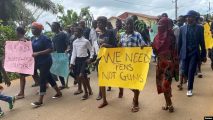





9, November 2019
How to stop Cameroon collapsing into a full-fledged civil war 0
For 37 years one man has ruled Cameroon, a staggeringly corrupt, oil-rich state in central Africa. President Paul Biya is an old-fashioned autocrat. When democracy swept across Africa after the cold war ended, he called it a “distasteful passing fetish”. Then he realised he would attract less foreign criticism if he quietly intimidated opponents and rigged elections instead of banning them. He has done so ever since, and kept on good terms with Western powers by posing as a champion of stability in a fissile region. His troops, trained and equipped by France, Israel and America, battle the jihadists of Boko Haram and Islamic State around Lake Chad. They also regularly don blue helmets to keep peace in countries such as the Central African Republic. Yet Mr Biya cannot keep the peace at home.
Instead, a country that was once seen as an exporter of security is now being wrenched apart. A secession struggle rages in its English-speaking regions. Government forces are burning villages, shooting young men and raping women. The conflict has killed thousands and forced more than 500,000 people from their homes.
The strife began as a series of peaceful protests in 2016. Anglophones were aggrieved at their marginalisation in a country dominated by French-speakers. Cameroon is too rigidly centralised to satisfy minorities: only 1% of government spending is locally controlled, compared with more than 50% in neighbouring Nigeria. Strikes and demonstrations over the erosion of English-style common law and the dominance of Francophone officials have since mutated into what looks like a civil war. It could get much worse, as chaos grows, armed separatists kill and soldiers inflict horrors on civilians.
The outside world has barely noticed this disaster unfolding. Appeals for emergency assistance have attracted less than one-fifth of their target: less than half the people who have lost their homes have been given the two pieces of plastic and rope that make up the un’s shelter kit. Cameroon’s main backers have looked away, hoping Mr Biya’s government would quell the rebellion and get back to fighting jihadists in the Sahel. Instead of corralling the warring parties, the African Union and un Security Council have stood aside, rousing themselves only to “welcome” and “praise” Mr Biya’s “national dialogue”, a sham to which key separatist leaders were not invited.
This is a disgrace. The conflict, although bloody, is not intractable. Most people in Cameroon’s two English-speaking regions are probably moderate and would be happy with some more autonomy and an end to the fighting. They could find common ground with those on the government side who might be willing to give a bit more power to the regions.
The longer the fighting persists, the harder it will be to resolve. With the army and separatists in stalemate on the battlefield, peace can come only through talks. For those to happen, both sides need to build trust. The separatists should start by lifting the ruinous ban they enforce on children going to government schools in the areas they control, which threatens to create a lost generation of illiterates. Rebel leaders abroad should tone down their inflammatory talk of secession. The government should release political prisoners and prosecute soldiers responsible for abuses.
Outsiders should press Mr Biya to make peace. President Donald Trump has rightly scaled back military assistance because of atrocities committed by the army. He has also kicked Cameroon out of a programme which grants duty-free access to the us market to African countries that respect human rights. European governments should also turn the screws, especially France, Mr Biya’s closest ally. The ageing strongman once said that only one-party rule could hold Cameroon together. In fact, his overcentralised autocracy has created pressures that could blow it apart. Only dialogue and devolution can save it.
Culled from The Economist